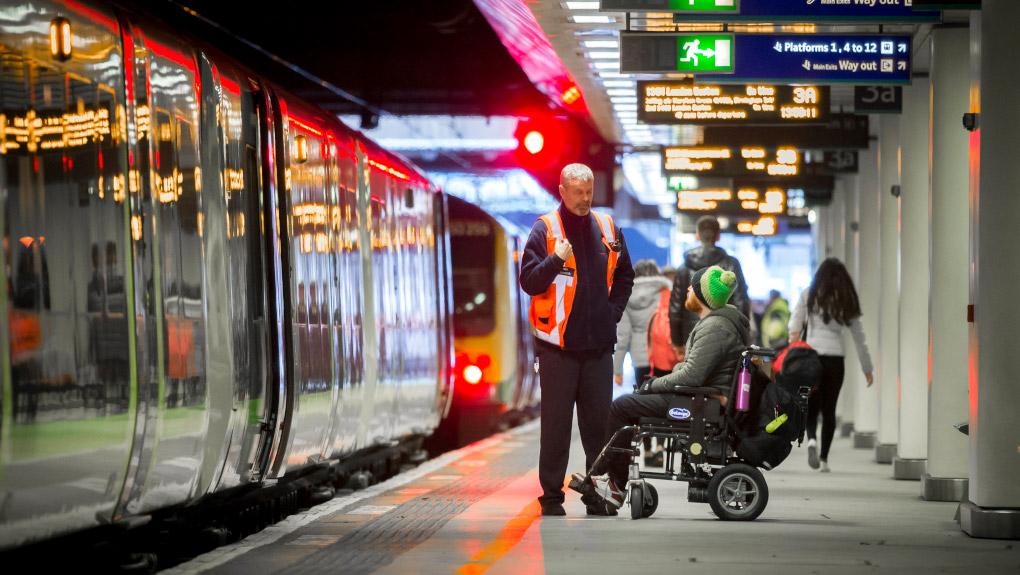
The operators – East Midlands Railway, Govia Thameslink Railway, Greater Anglia, London North Eastern Railway and Northern – were chosen as a representative sample of the whole industry, with a range of service characteristics, including both stronger and poorer track records of performance in the delivery of assistance.
Research by ORR suggests that satisfaction levels with booked assistance are high, with over 90% satisfaction with the end-to-end assistance process. However, when assistance fails it can significantly impact on the well-being of passengers and their overall travel experience.
ORR identified key areas of focus from the audits of relevance to the entire industry that would improve the delivery of assistance. The regulator is now highlighting that train operating companies:
Should more widely adopt the Passenger Assist staff app, which was found to improve the reliability of assistance on the day, as well as driving continuous improvement over time
Must ensure that clear communication takes place between departure and destination stations when delivering assistance by complying with the ‘handover protocol’, including at peak times
Should ensure that when onboard staff are required to deliver assistance, as opposed to station staff, effective procedures are in place to allow them to do this
Need to intensify their work through the Rail Delivery Group to ensure industry systems designed to support accessibility requirements are robust, work for passengers and that the information held in those systems is kept up to date
The ORR has identified specific actions in its report that take forward these cross-industry findings.
Stephanie Tobyn, ORR’s director of strategy, and reform, said:
Notes to Editors
All train and station operators must establish and comply with an Accessible Travel Policy (ATP) as a condition of their licence, setting out their provision for disabled people. Operators must secure ORR approval for their ATP, and we have issued guidance that defines minimum requirements, covering areas such as provision of assistance, staff training and passenger information. Passengers may either book assistance in advance (up to two hours ahead of the journey) or ‘turn-up-and-go’ (TUAG).
ORR selected five train operators for the audit – these represented a range of different characteristics relevant to assistance provision, including
Service type (long-distance, commuter or regional);
Staffing model (assistance provided by onboard staff, station staff or mobile assistance teams);
Level of maturity in implementation of the Passenger Assist staff app; and
A range of prior performance in ORR’s annual survey of the passenger experience of booked assistance.
ORR commissioned Best Practice Group (BPG) to conduct audits focused on the regulatory requirements related to the delivery of assistance. The audits used focused interviews with management personnel and a detailed self-assessment questionnaire, completed by operators and supported by evidence.
The ‘handover protocol’ sets out what operators must do when assistance at the destination station will be provided by staff who are not onboard the train itself. The key requirements are for each station to have a dedicated phone number for assistance communications, and for staff at the departure station to call the destination station to communicate the information necessary to ensure that the passenger receives the assistance when they arrive. The handover protocol was developed with input from operators and disabled passengers, and is set out fully in ORR’s ATP Guidance.
Passenger Assist is the shared industry software system for logging and managing assistance requests, which all operators are required to use when passengers book assistance. It should facilitate both a good passenger experience when booking assistance and the reliable delivery of assistance by operators. The Rail Delivery Group (RDG) manages Passenger Assist on behalf of operators.

